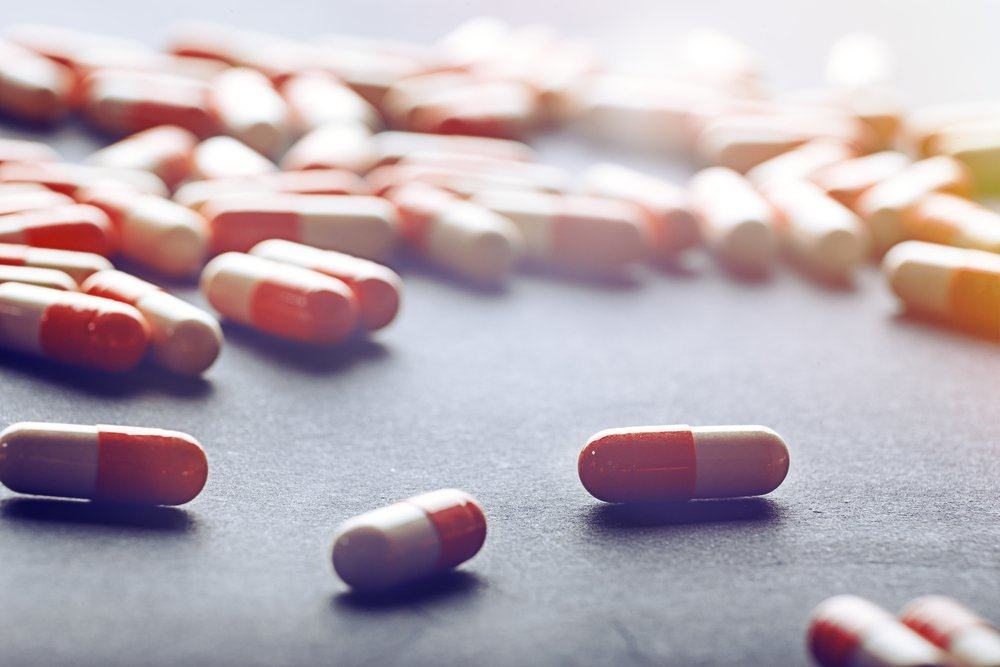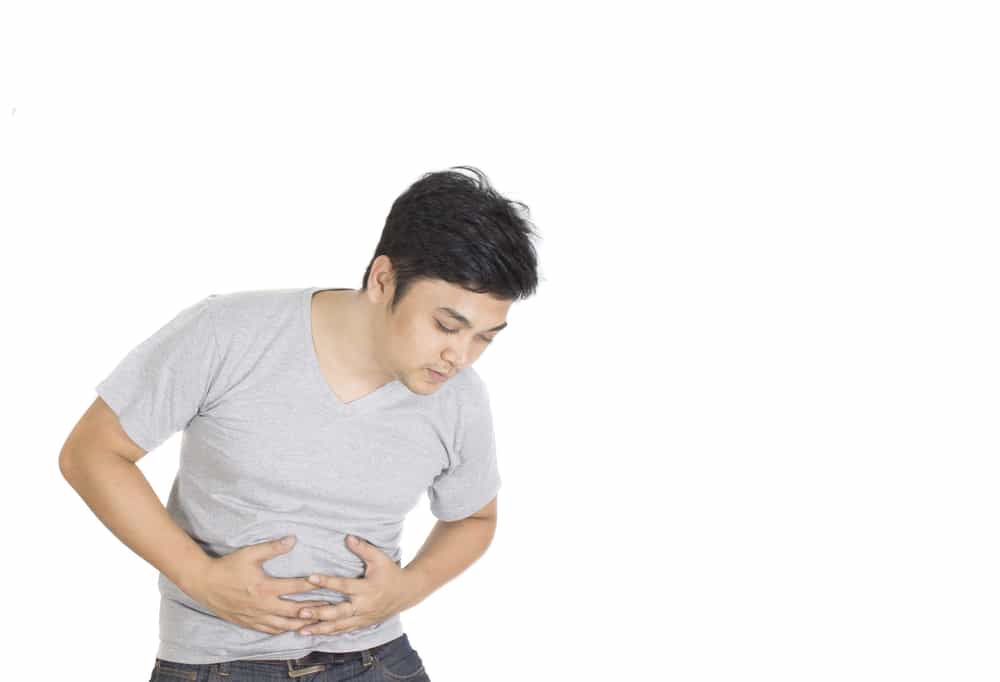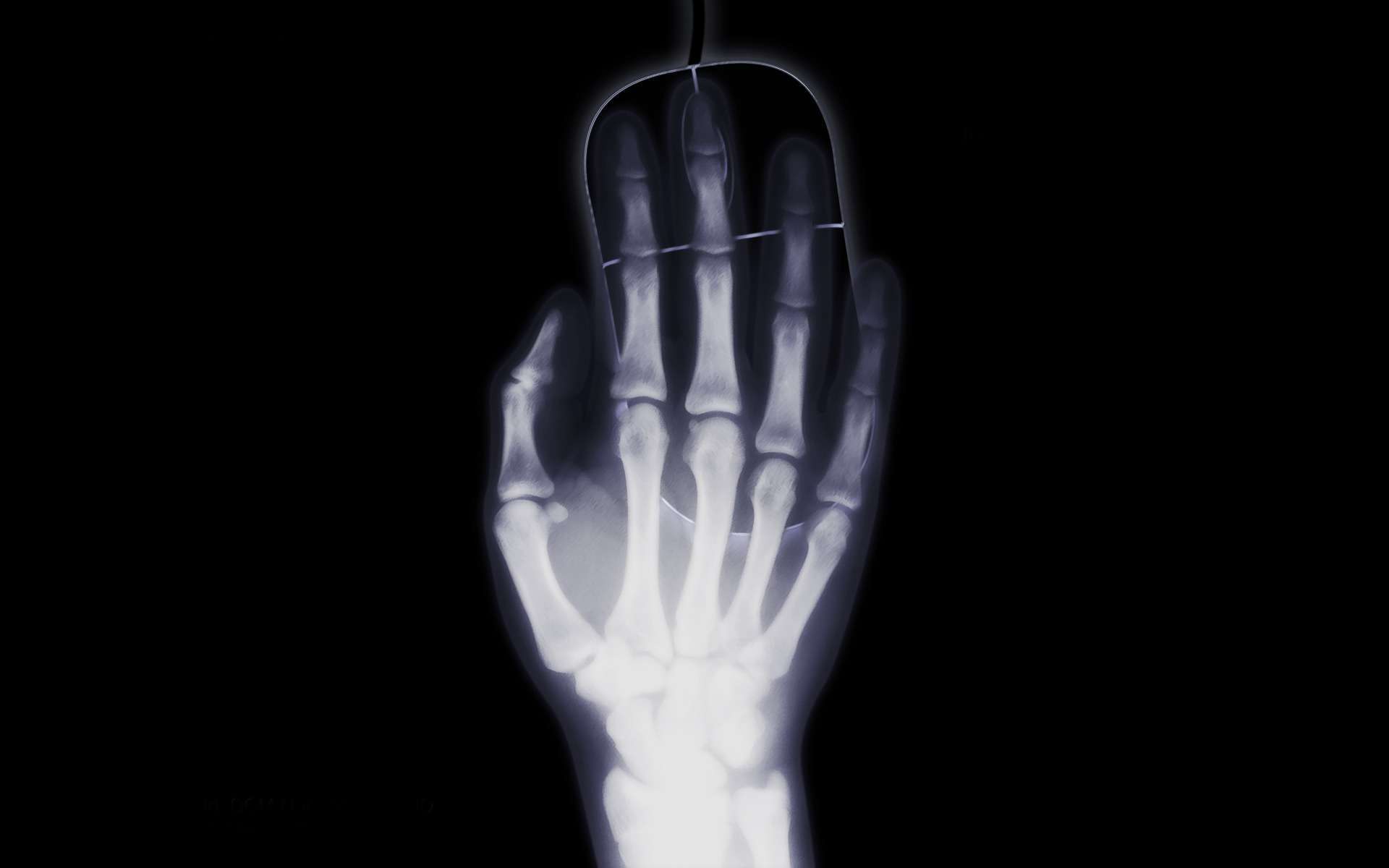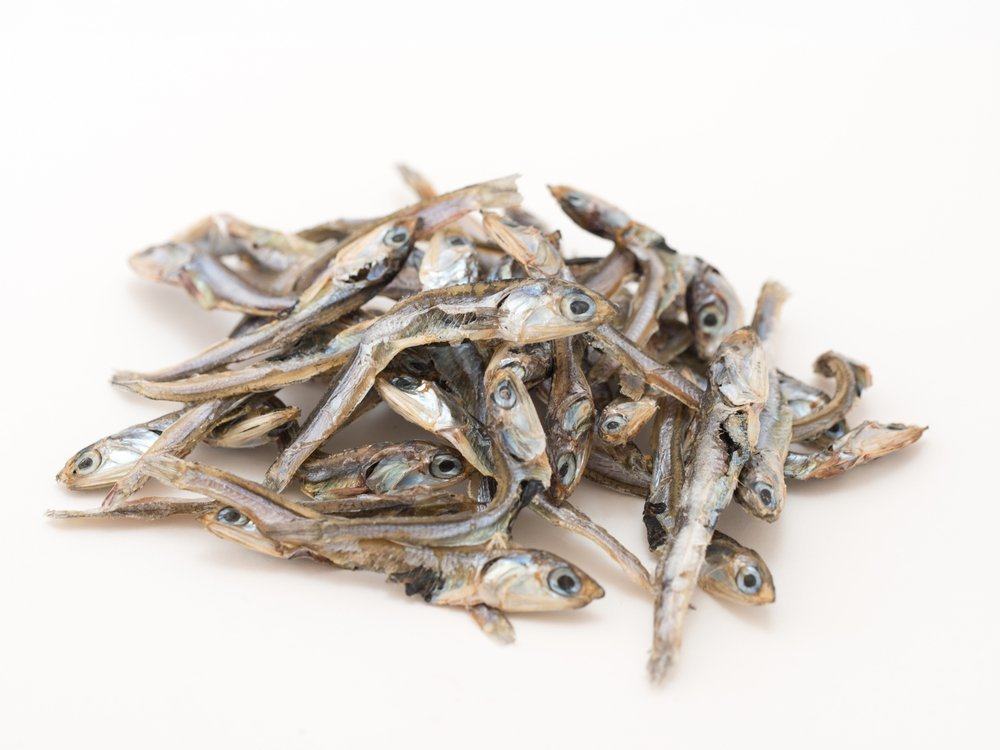Contents:
- Medical Video: Acute Liver Failure And Its Treatment? - Manipal Hospital
- Type of liver disease
- Treat liver disease with lifestyle changes
- Treating liver disease with drugs
- Treat liver disease with liver transplantation
Medical Video: Acute Liver Failure And Its Treatment? - Manipal Hospital
Once you know that you have liver disease, you may want to know more about how to treat your liver disease. Your treatment depends on the cause and severity of your liver disease. Here we explain the different types of liver disease and treatment options.
Type of liver disease
Liver disease includes a variety of conditions and causes. Although they have different causes and symptoms, they can cause liver failure (the liver is damaged and cannot be cured and stops working). Liver failure is a life-threatening condition that requires urgent medical care.
- Alcohol-related liver disease is damage to the liver caused by prolonged use of alcohol. The first stage of alcohol-related liver disease is alcoholic fatty liver, which will turn to alcoholic hepatitis and then cirrhosis, where the liver is significantly injured and cannot function properly.
- Non-alcoholic fatty liver disease also causes liver fat at first, although it does not use alcohol and can develop into cirrhosis as well.
- Hepatitis is a term used to describe inflammation of the liver. This is the result of a viral infection or liver damage caused by alcohol. Depending on the virus that causes the condition, there are various types of hepatitis.
- Hemochromatosis means the level of iron in the body is too high. Excess iron accumulates in organs, such as the heart and liver, and can cause injury to liver or liver cancer.
- Primary biliary cirrhosis is a condition in which the bile duct from the liver is damaged. This causes a buildup of bile in the liver and finally leaves a scar on the liver.
Although some liver diseases can heal, some liver diseases are chronic. You can only control symptoms and prevent further development of this disease.
Treat liver disease with lifestyle changes
The easiest way to manage your liver disease is through lifestyle changes. If you have liver disease, you may have a list of restrictions to prevent your heart from further damage. Maintaining a healthy diet can also ensure that your heart does not work too hard to remove toxins from the body. Your doctor may advise you to stay away from trans fats, salt, sugar, processed foods and reduce fat proteins. Changes in your diet might involve:
- Increase carbohydrate intake in proportion to the amount of protein you eat.
- Take vitamins and medications prescribed by doctors for low blood pressure, nerve problems, or nutritional problems from liver disease.
- Reducing the amount of protein you eat. This will help limit the buildup of toxic waste products.
- Limit your salt intake. Salt in the diet can worsen fluid buildup and swelling in the liver.
When you exercise, you should start with a light, light stretching exercise that suits your physical condition. Slowly increase exercise or duration sessions. If you need help planning a program or need someone to guide you through the program, you can find a fitness expert who is experienced in "special needs" programs. It's hard to keep on going with your plan, but remember your motivation and live your activities.
Treating liver disease with drugs
Every liver disease will have its own specific treatment regimen.
- Alcohol related liver disease: Unfortunately, there are currently no specific medical treatments for liver disease associated with alcohol. Treatment usually immediately stops drinking and caring for yourself to control the condition.
- Non-alcoholic fatty liver disease: Such as liver disease associated with alcohol, treatment, especially by treating yourself. Although most people with non-alcoholic fatty liver disease will not develop serious problems when they can follow their self-care plan.
- Hepatitis: With various types of hepatitis, there are different treatments. Hepatitis caused by a virus, treatment can use antiviral drugs. While treatment for autoimmune hepatitis involves drugs that suppress the immune system and reduce inflammation.
- Hemochromatosis: Treatment is very simple. The doctor will regularly draw blood from your body around 500 ml, usually the same amount as in a blood donor, to reduce blood iron. Another method is to use deferasirox - a drug to help remove iron from your blood.
- Primary biliary cirrhosis: The doctor will prescribe Ursodeoxycholic acid to prevent or delay liver damage, even though it does not cure the liver. If this treatment does not work properly, you may need additional treatment.
In end-stage liver disease such as cirrhosis, the liver cannot work to eliminate toxins properly, resulting in increased blood ammonia levels and encephalopathy (lethargy, confusion, coma). Ammonia can be found in protein foods such as meat. You may need medication to control the amount of protein absorbed. A low sodium diet and iuretic pills may be needed to minimize water retention in the liver.
Treat liver disease with liver transplantation
Liver transplant is usually the last form of treatment. Your doctor will recommend a liver transplant when all other treatment options fail. This is when your heart no longer works and you need a healthy heart from people (donor liver) another for life. There is a long process to ensure that the liver donor is perfect or suitable. There are many complications that can occur such as liver rejection and infection. It is important to follow the doctor's instructions carefully before and after your liver transplant.












